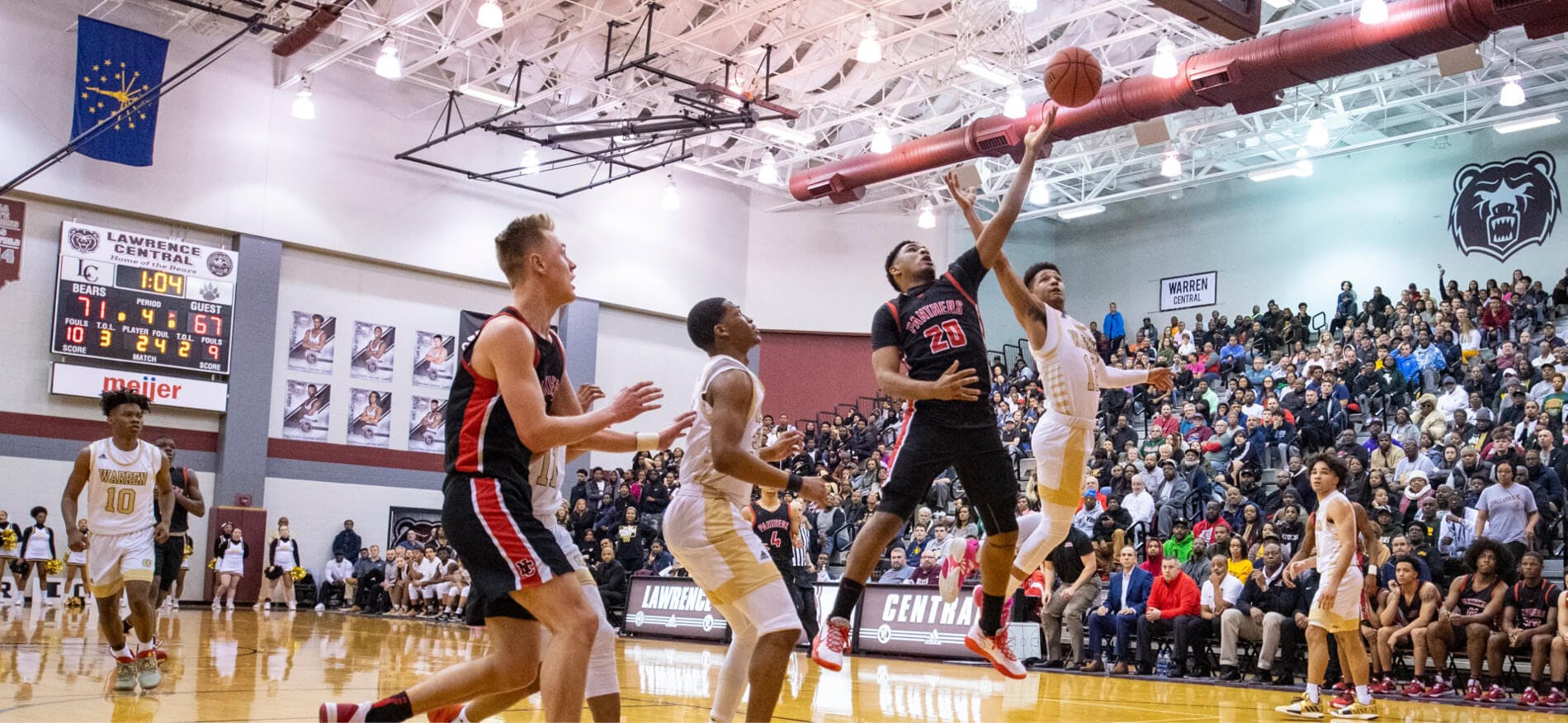Effective Coach-Athlete Communication for Success

Introduction
Effective coach-athlete communication lays the foundation for achieving success in sports. The key to unlocking an athlete’s full potential lies in the ability to foster clear, open, and constructive communication between coaches and athletes. To sum up this blog post, we will explore the importance of effective communication in sports, how it impacts performance and results, and practical strategies for optimizing coach-athlete communication to achieve peak success.
Keys for effective coach-athlete communication Overview
- The Impact of Communication on Performance
- Strategies for Optimizing Coach-Athlete Communication
- Active Listening and Empathy
- Clear and Concise Communication
- Regular Check-ins and Feedback Sessions
- Utilizing Multiple Communication Channels
- The Role of Positive Reinforcement
- Addressing Challenges and Conflict Resolution
The Power of Effective Coach-Athlete Communication
Effective coach-athlete communication is the backbone of a winning team. With this in mind, when coaches and athletes establish a strong and transparent communication channel, they create a conducive environment for growth, development, and collaboration. By ensuring that each message is conveyed clearly and understood fully, coaches can maximize the potential of their athletes and drive them towards greatness.
The Impact of Communication on Performance
Effective coach-athlete communication plays a crucial role in performance outcomes. When athletes receive clear instructions, feedback, and encouragement, they can perform at their best. Likewise, coaches who actively listen to their athletes’ concerns and provide constructive feedback can identify areas for improvement and tailor training strategies accordingly. The result is a harmonious and productive coach-athlete relationship that fuels success on and off the field.
Strategies for Optimizing Coach-Athlete Communication
- Active Listening and Empathy
One of the foundations of effective communication is active listening and empathy. Coaches must truly listen to their athletes’ thoughts, concerns, and goals. Another key point, showing empathy and understanding, coaches build trust and rapport with their athletes, creating a safe space for open dialogue and collaboration.
- Clear and Concise Communication
Clarity is key in coach-athlete communication. Coaches should deliver instructions and feedback in a straightforward and concise manner. What’s more, avoiding jargon and technical language that may confuse athletes can help ensure that the intended message is understood. To clarify, check out this article from Invert City that highlights the importance of clear expectations.
- Regular Check-ins and Feedback Sessions
Regular check-ins and feedback sessions provide opportunities for coaches and athletes to discuss progress and challenges. By scheduling these sessions, coaches demonstrate their commitment to their athletes’ growth and success while giving athletes the chance to voice their concerns and seek guidance.
- Utilizing Multiple Communication Channels
Different athletes respond better to various communication channels. Some may prefer face-to-face conversations, while others find written feedback more helpful. Coaches should adapt their communication style and use a mix of channels, including in-person meetings, emails, and even digital tools, to reach all athletes effectively. Together with applications like Allin, you can have a free team management platform that allows for you to execute these strategies.
The Role of Positive Reinforcement
Positive reinforcement is a powerful tool in coach-athlete communication. Recognizing and praising athletes’ efforts, achievements, and improvements instills confidence and motivation. By celebrating successes, coaches inspire their athletes to push their limits and strive for continuous growth.
Addressing Challenges and Conflict Resolution
Markedly, in any relationship, conflicts and challenges may arise. Without a doubt, Effective coach-athlete communication involves addressing these issues promptly and constructively. Coaches should be approachable and open to resolving conflicts through respectful dialogue, ensuring that both parties feel heard and valued.
Conclusion
All things considered, effective coach-athlete communication is the cornerstone of success in sports. By establishing clear, open, and empathetic communication channels, coaches can unlock the full potential of their athletes. To illustrate, not only improves performance outcomes but also fosters a positive and motivating environment for athletes to thrive. To that end, by implementing practical strategies for optimizing coach-athlete communication, coaches and athletes can work together towards achieving peak success in their respective sports endeavors. What’s more, prioritizing effective communication, can be the key to unlocking greatness and achieving success in the world of sports.
